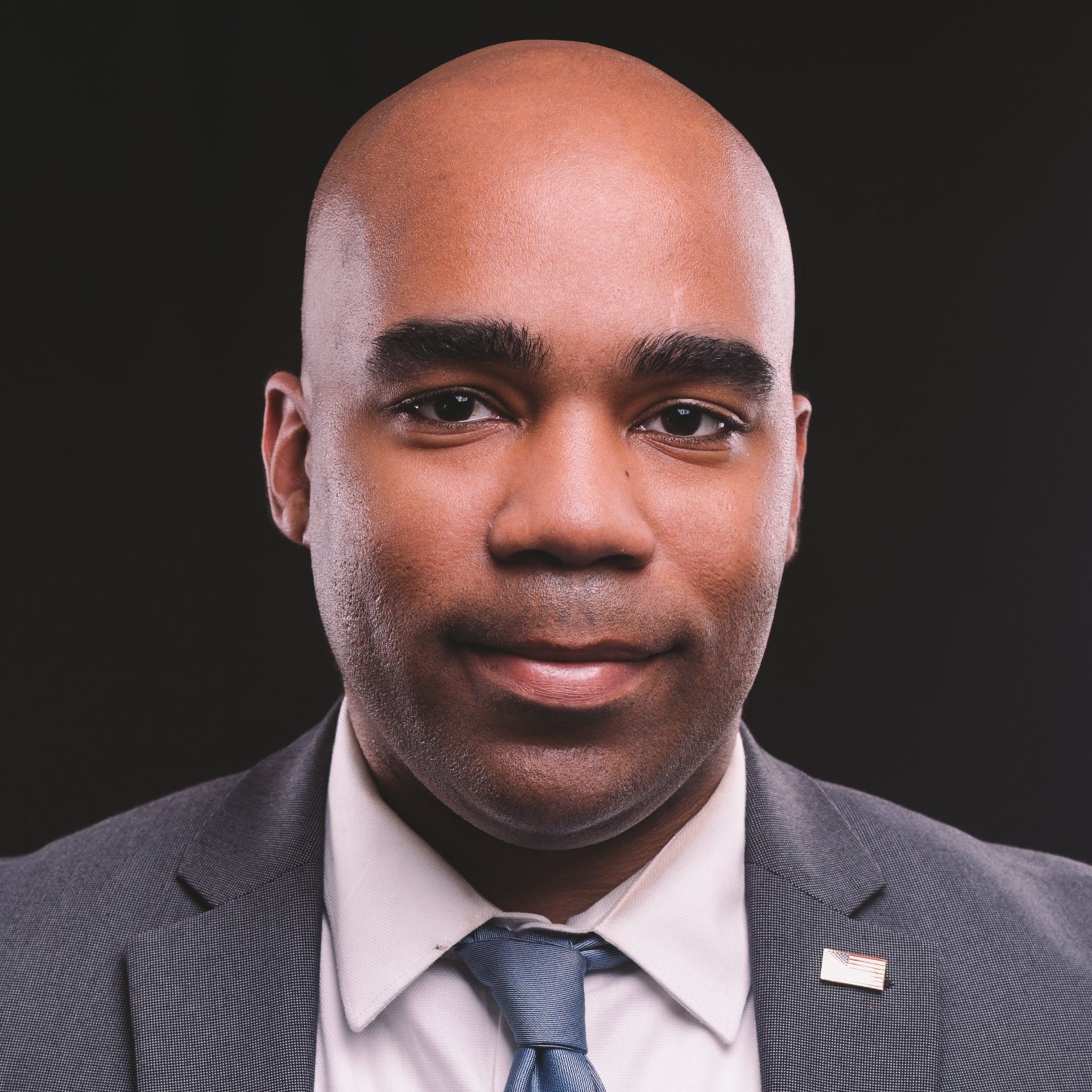
Gun violence in the United States is not new, but we must recognize a steady increase in this epidemic. According to the CDC, more Americans died of gun-related injuries in 2020 than in any other year on record – a 43% increase from the decade prior. The clear trajectory in which our country is heading when it pertains to gun violence is disturbing, to say the least.
It almost goes without saying that our nation is very polarized on how we should treat gun ownership. Despite where you personally land on the debate, it is not the goal of this article to give more credence to one side or the other. The goal is to take an honest look at gun violence in the United States and initiate an open conversation about crime in America.
In July 1961, Yale University psychologist Stanley Milgram conducted an experiment to study human behavior and their ability to obey an authority figure and acts even if it went against their personal conscience. The “Milgram Experiment” took a group of paid volunteers of men aged from 20-50 years old from various educational and career backgrounds and were told that they were assisting an unrelated experiment, in which they had to administer electric shocks to a “learner”. The purpose of this experiment was to gauge the mindset of captured German Nazis many were on trial at the time, but the experiment found, unexpectedly, that most of the subjects would fully obey instructions, albeit reluctantly.
While this experiment is more than half a century old, I believe it speaks to a much greater idea of how and why humans are capable of making certain decisions that go against their own moral code. Applied today, it could offer insight into how a human can be capable of caring out acts that our society would deem reprehensible or evil – such as a mass shooting.
First and foremost, it is the environment that leads to the decisions that they make. When we talk about the environment, we must not think outside of just a physical place but include non-physical entities such as movies, social media, and music. Today these entities extend to the Internet – specifically social media and the “metaverse”.
Most cases of homicide in this country – whether against an individual or a mass casualty event – are carried out by firearms. It’s the obvious job of law enforcement to find the individual or individuals responsible, hopefully, discover the motive of why this tragic event occurred. In some cases, motives are uncovered immediately; in other cases, it takes longer. There are instances when you may never truly know the motive.
In the cases where a motive needs to be determined by law enforcement, the suspect is taken into custody and undergoes a thorough investigation along with any established evidence. Law enforcement continues to collect additional evidence even after the suspect is arrested to bring the case into focus and establish a basis for legal adjudication.
Physical evidence plays an important role but gathering as much information as possible on s suspect is just as critical. Whether it’s arrest history, current occupation or past careers, or current and past addresses, this collection of historical data on an individual can lead to a clear motive and lead to answering the questions of why. During my time as a homicide detective in Delaware County, Pennsylvania, I learned that delving into the environment that a suspect has emerged from plays a large role in learning what lead them to this point. The environment does not have to be physical. It can also come in the form of metaphysical environments like the Internet.
No one is destined to become a murderer from birth. Murderers and other criminals are forged from a combination of factors that have happened in their life – such as how they grew up, the information they have digested, and personal beliefs they have obtained.
This by no means is a defense for those who take this route to take someone’s life. Any person that makes that decision is responsible for it and should be held accountable regardless. The point of this being mentioned is that people do not become killers out of “thin air,” something contributed to it.
But what makes the United States unique? There is a myriad of factors, but the most impactful is the widespread availability of firearms. In 2018, news outlets reported that there are more firearms than people in the United States. Last year, the United States murder rate was at a 25-year high with many major U.S cities seeing new highs. The wide availability of firearms alone is problematic but coupled with the lack of affordable healthcare, the shortage of mental health resources, stagnating education system, and the dearth of socio-economic resources, guns become even more present.
Given this environment many of us live in, there are many people who have a vendetta against society as a whole. They feel personally wronged and want to take their aggression out on innocent people who benefit from a society that has wronged them.
For those who contain this rage, we must ask: What means do they have to act on it? What information and tools do they have access to commit murder?
Milgram is very clear that if a person is capable of subverting their basic morals when placed in the right environment with the right tools. The most common tool being used in this country more than in any other developed nation is guns.
Gun control legislation is needed, but we cannot pretend that it is a panacea and will get rid of this problem alone. It’s a combination of all the negative environmental factors that give rise to violence. It’s our job as a nation to mitigate all of those factors to prevent future harm to our fellow citizens.
Regardless of what personal beliefs we have on guns in America, we all know something has to change. Silence is not an option, and continued inaction will be the real reason.

Jamison Rogers
Jamison Rogers is a Chester, PA native who holds the rank of Corporal and is currently a Major Crimes/ Homicide Detective for the City of Chester Police Department in Pennsylvania. He is a 13-year law enforcement veteran and has previously worked as a narcotics investigator and a patrol supervisor. Jamison has attended and successfully completed numerous training sessions for all of his respective positions. In addition, Jamison is a Nat’l Media contributor and TV Law Enforcement expert who has contributed to NBC Philadelphia and Smerconish.com.






